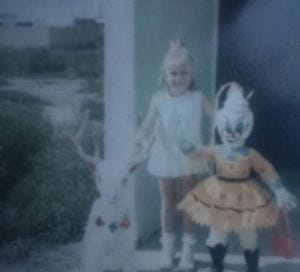This is my last Advent newsletter. Today, I’ve focused on some personal memories of my childhood Christmasses in Mexico and have included links to great writing. Thank you so much for the lovely mess…
Keep reading with a 7-day free trial
Subscribe to Topographic Kitchens to keep reading this post and get 7 days of free access to the full post archives.



